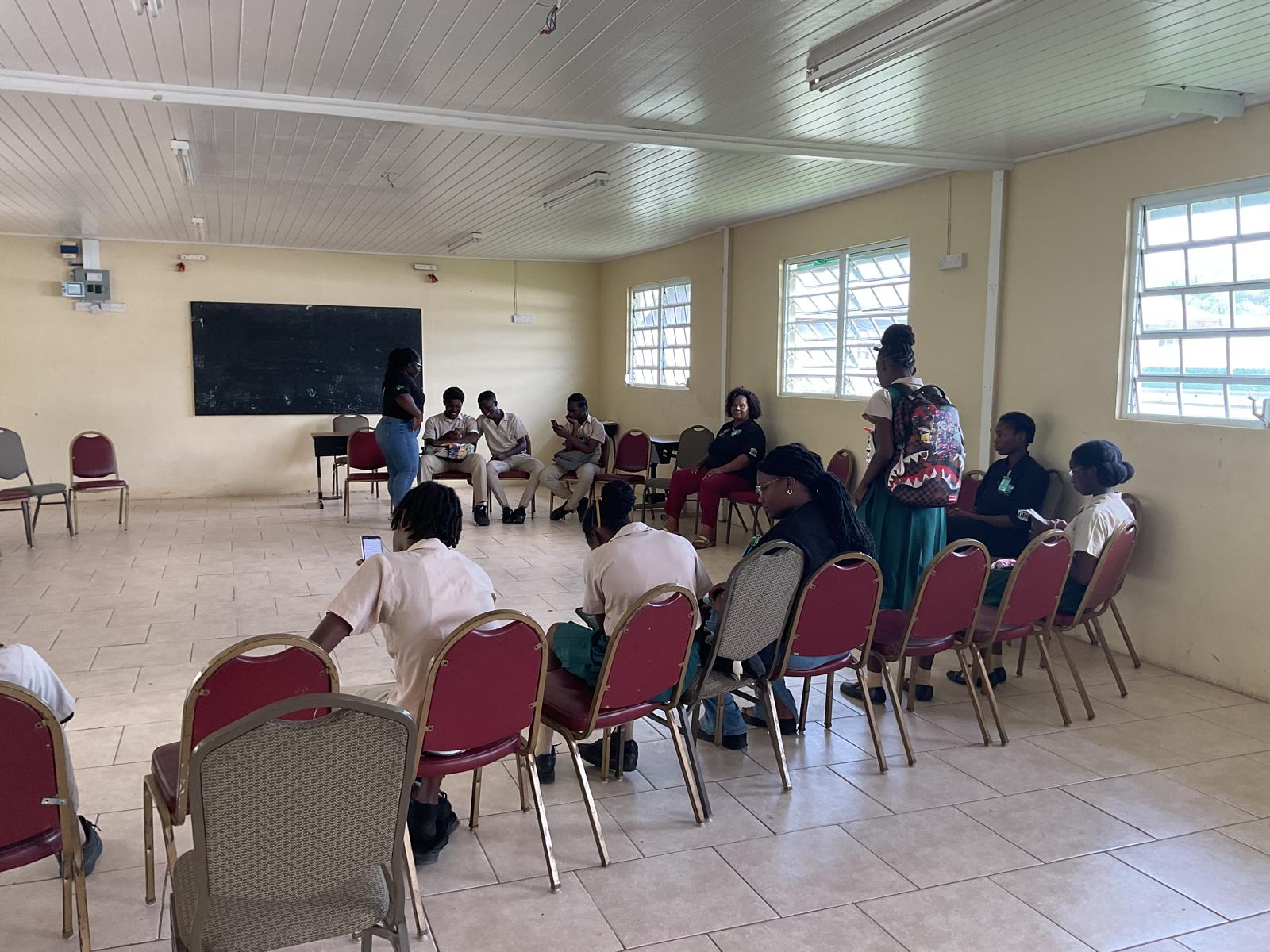UNESCO National Commission Concludes Study on Public Knowledge and Attitudes Regarding the Plastic Ban in SMBR
The St. Mary’s Biosphere Reserve (SMBR) in St. Kitts and Nevis has completed the first round of its Knowledge, Attitudes, and Behaviors (KAB) survey, a critical component of a UNESCO-funded project aimed at eliminating single-use plastics. This initiative, spearheaded by the National Coordinator for the SMBR and the UNESCO Man and the Biosphere (MAB) project, Mrs. Telca Wallace, in collaboration with the Ministry of Environment and the Department of Constituency Empowerment, seeks to gauge public perception and understanding of the recently implemented national ban on single-use plastics. The survey results will inform the development of targeted communication strategies to educate and encourage behavioral changes within the community, ultimately contributing to a reduction in plastic pollution and fostering sustainable practices. The second round of the survey, scheduled for October 2025, will assess the effectiveness of these communication efforts in shifting public perceptions and behaviors.
The KAB survey represents a crucial baseline assessment of the community’s current understanding and acceptance of the single-use plastic ban. By gathering data on existing knowledge, attitudes, and behaviors, the project aims to tailor its communication approach to effectively address specific concerns and misconceptions within the SMBR. This targeted approach will ensure that educational materials and outreach activities are relevant and impactful, maximizing their potential to influence positive change. The survey also emphasizes the importance of youth engagement, with nearly 30% of respondents being under the age of 16, highlighting the project’s commitment to involving future generations in the pursuit of sustainable development goals.
The Ministry of Environment’s phased approach to banning select single-use plastics by the end of 2025 underscores the government’s commitment to addressing plastic pollution. The KAB survey’s findings will play a pivotal role in shaping public education campaigns and strategies to ensure the ban’s successful implementation. The survey’s focus on the SMBR serves as a pilot project, providing valuable insights that can be applied to broader national efforts to reduce plastic waste. The project’s emphasis on community engagement and participatory approaches ensures that the transition towards a plastic-free environment is inclusive and considers the perspectives of all stakeholders.
Beyond simply raising awareness about the plastic ban, the project aims to highlight the potential economic benefits associated with reducing plastic waste. Upcoming “Community Talks” will engage businesses, farmers, students, and residents in discussions about the opportunities for green jobs and businesses that can arise from a shift towards more sustainable practices. These dialogues will foster a sense of shared responsibility and empower community members to actively participate in creating a more environmentally friendly future. By promoting a holistic understanding of the ban’s implications, the project aims to create a sustainable and economically viable path towards reducing plastic pollution.
The success of the KAB survey’s first round, with 304 responses collected, provides a solid foundation for analyzing community perspectives and informing future communication strategies. The project’s emphasis on community involvement, particularly within the SMBR, highlights the importance of local action in achieving national sustainability goals. The securing of $20,000 USD in funding from UNESCO underscores the international recognition of St. Kitts and Nevis’ commitment to tackling plastic pollution. This funding will enable the project to effectively implement its communication and outreach initiatives, ultimately contributing to a reduction in plastic waste and the creation of a more sustainable environment.
The collaborative efforts of the UNESCO National Commission, the Ministry of Environment, the Department of Constituency Empowerment, and the SMBR community demonstrate a unified approach towards addressing plastic pollution. The KAB survey, along with the planned “Community Talks” and other outreach activities, will play a crucial role in achieving the national goal of reducing plastic waste. By engaging all stakeholders and fostering a sense of shared responsibility, the project aims to create a lasting impact on environmental sustainability in St. Kitts and Nevis, while simultaneously promoting economic opportunities through green initiatives. The project’s success will serve as a model for other communities seeking to address the global challenge of plastic pollution.
Share this content:












Post Comment